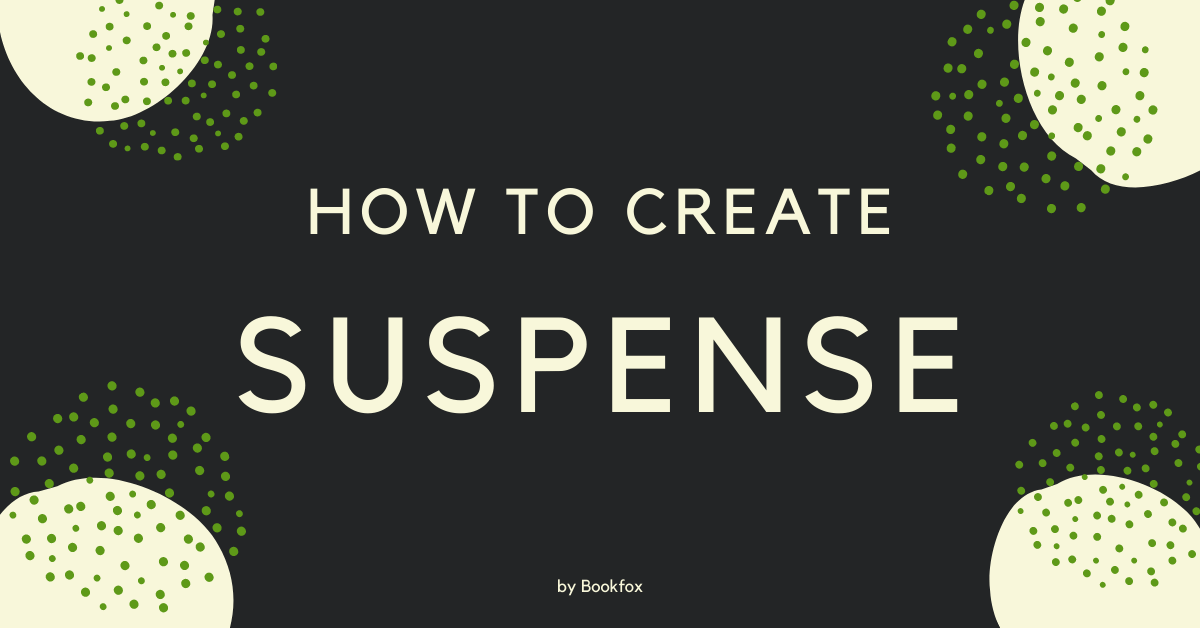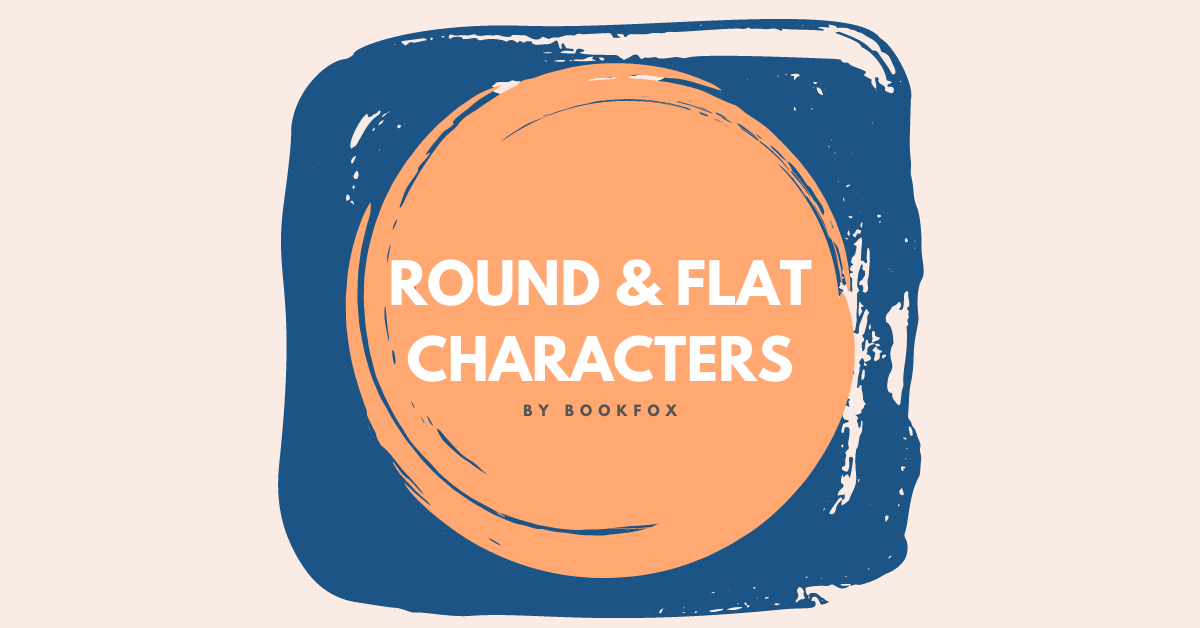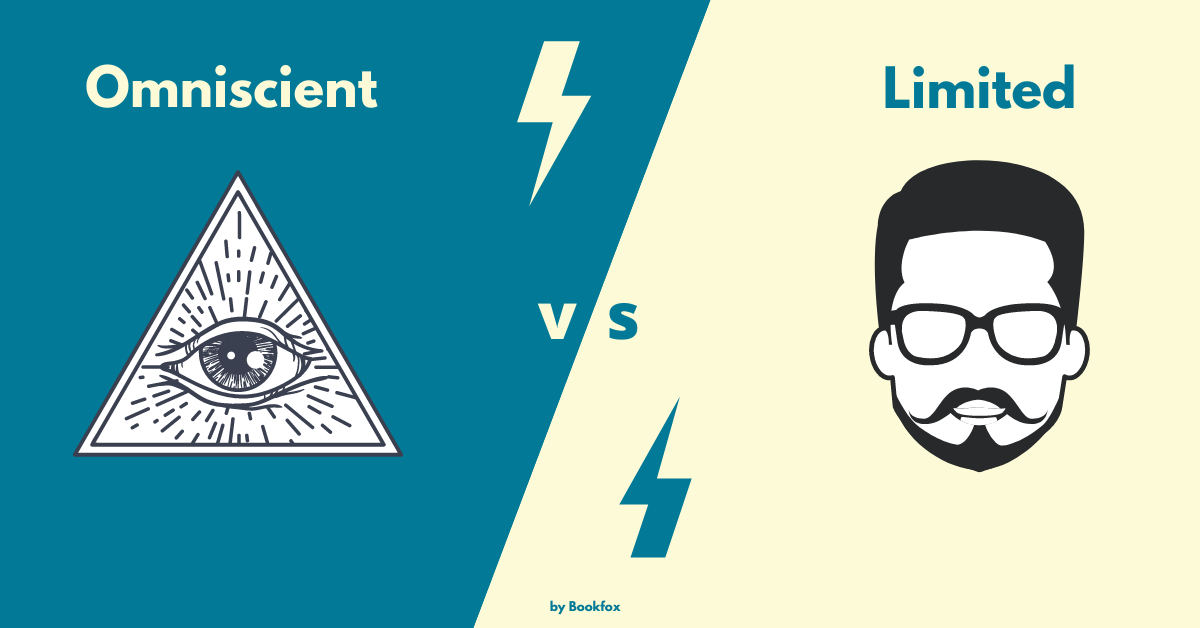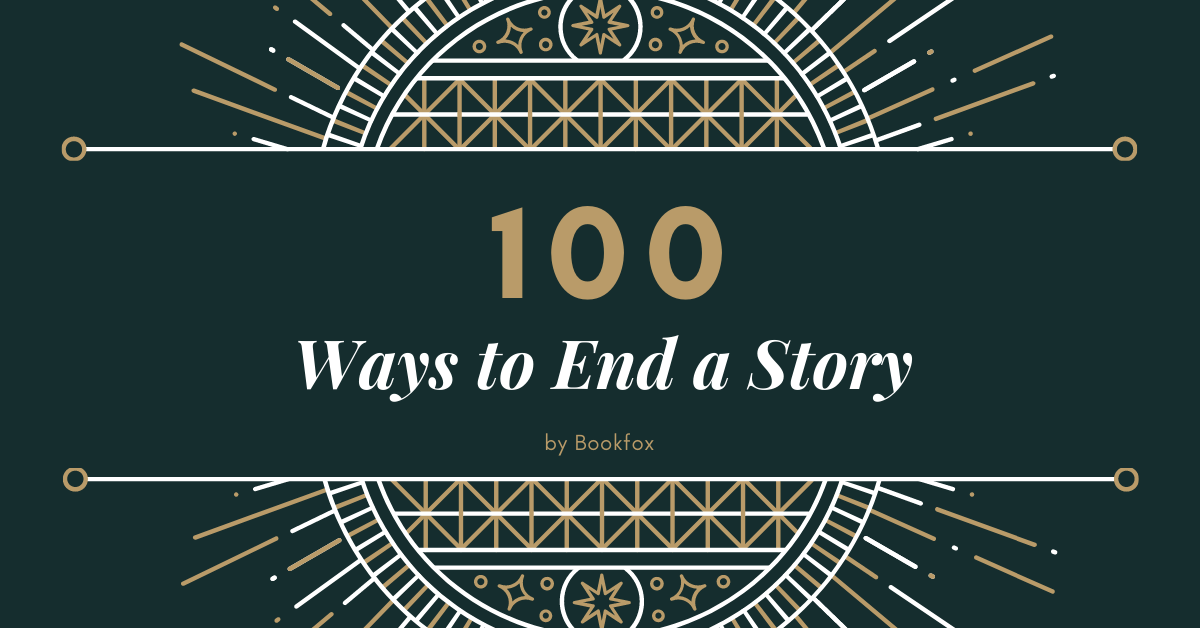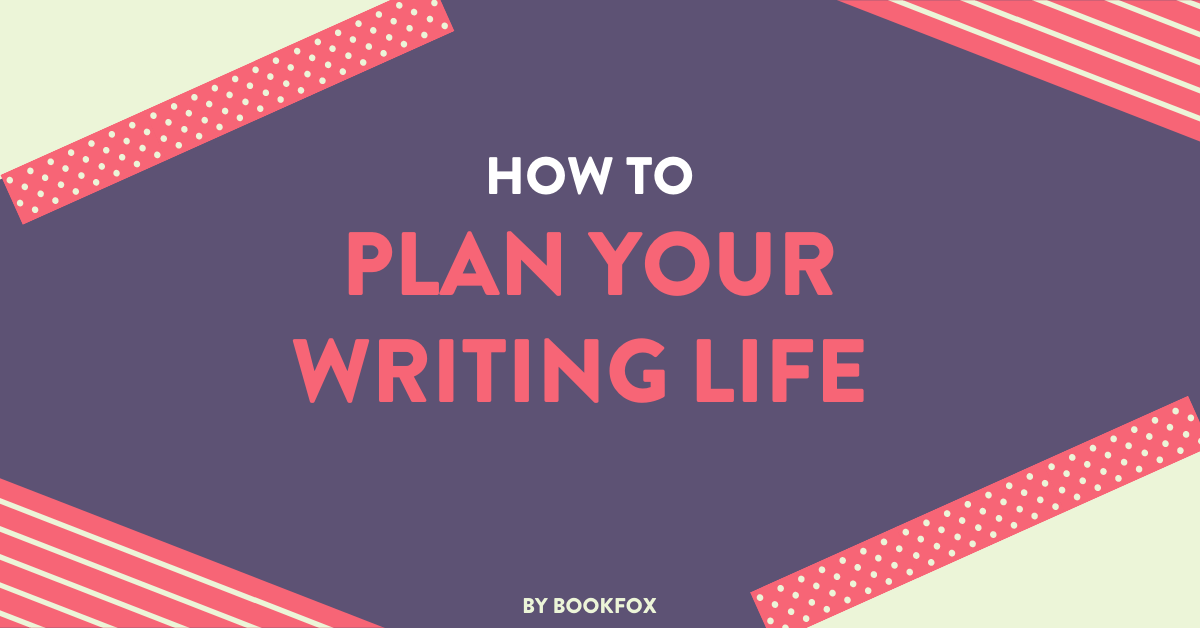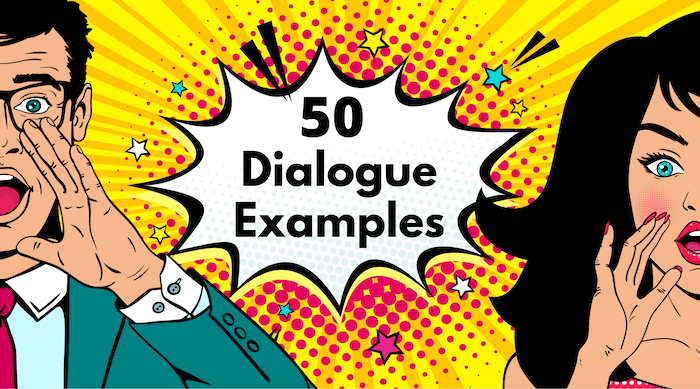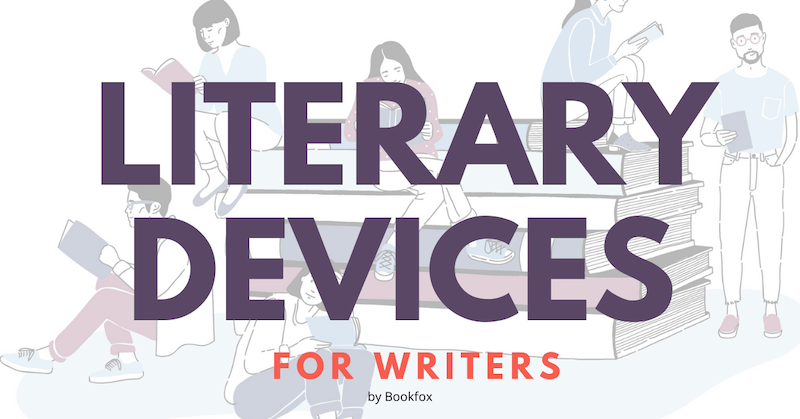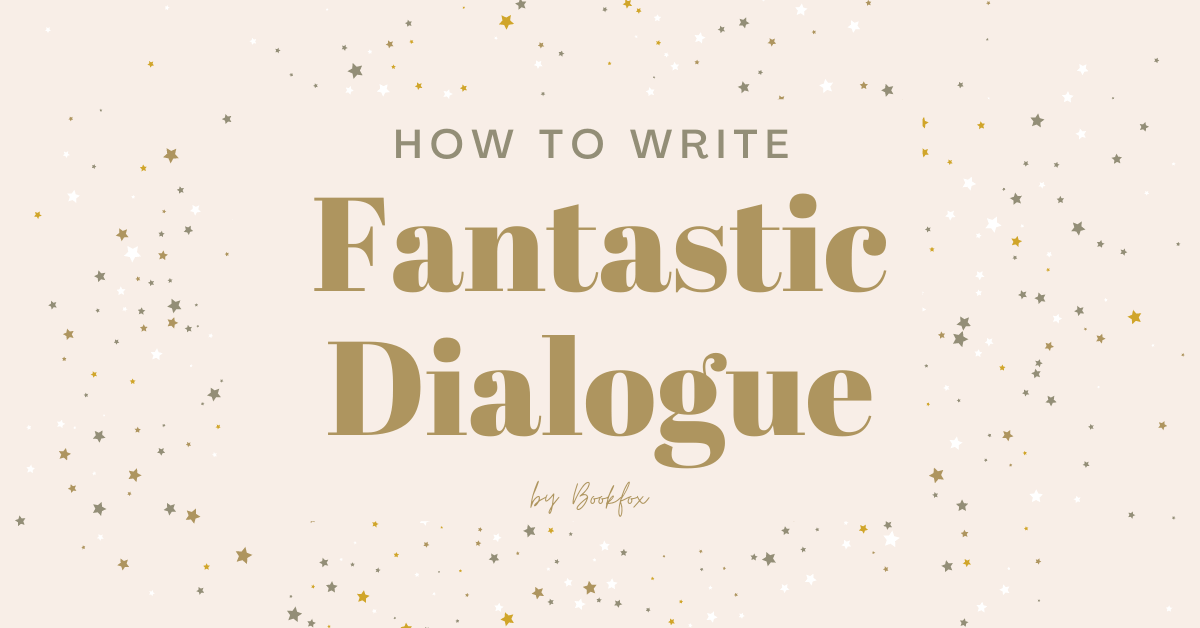I love podcasts for writers. Why? Because I can learn about my favorite author’s writing process while I’m folding towels, and get great advice about creating characters while commuting. Below I’ve categorized my favorite 42 podcasts for writers into five categories: Writing Craft The Business of Writing Revising and Editing Genre Podcasts Author Interviews I’ve […]
The Blog
- All posts
- All Popular Posts
- Characters
- Children's Books
- Dialogue
- Editing
- Endings
- Literary Agents
- Marketing
- Novels
- Plot
- Point of View
- Publishers
- Short Stories
- Writing Techniques
- Writing Wisdom
- 40+ Writing Podcasts To Teach and Inspire

- 25 Ways to Create Suspense in your Plot

Every writer has to know how to create suspense. If you can’t create suspense in your book, readers will always feel shortchanged and indifferent to your story. Suspense is THE crucial technique to creating a riveting plot. Creating suspense is really about evoking an emotion in the reader, an emotion akin to happiness, sorrow, or […]
- Round and Flat Characters: A Guide to Writing Characters

The keys to a story are the characters, and the key to characters is knowing the difference between round and flat characters. This way, you can be intentional about writing characters who make connections with your audience and also writing characters who support that connection. When building a cast, it’s important to think about the […]
- Limited vs. Omniscient: How to Choose Your Point of View

Writers spend a lot of time worrying about point of view, unless they don’t, in which case they are destined to be rejected by literary agents and editors everywhere. Point of view is critical to a book’s success. It’s also one of the most common things new writers trip over, right up there with “show, […]
- 100 Ways to End a Story (with examples)

There is a certain magic in a well written ending. It must be both satisfying and surprising, unexpected and also perfectly fitting. But where do you stop? Which sentences are the last sentences? In this post, we’ll look at 100 ending lines from a diverse group of authors, both novelists and short story writers. We’ll […]
- How to Build a Plan for your Writing Life

If you’re new to Bookfox, this post is a good place to start. It talks about the big picture decisions every writer needs to make, rather than the tactical decisions I talk about in most other posts. Basically, you need a giant, overarching plan for your writing life. When you start a business, you need […]
- 50 Examples of Dialogue to Inspire Writers

Every writer needs to learn dialogue from the great writers preceding them. This post isn’t about how to punctuate dialogue, or the basics of how to write dialogue, but more advanced techniques, as shown by established authors. It doesn’t matter what genre you write: every writer needs to improve their dialogue. And whether you’re writing […]
- 35+ Literary Devices Writers Should Use in their Next Book

Literary devices aren’t something you learn in English class and then forget about for the rest of your life. They’re a beating, thumping heart of the fiction writer’s toolbox. If you don’t know these literary devices below, you’re probably using some of them already. But if you learn by reading the examples, you’ll be better […]
- Write Fantastic Dialogue: 33 Tips to Spruce up Your Story

Nothing ruins a story faster than bad dialogue. Good dialogue, on the other hand, can be tricky to write. It takes more than putting the quotation marks in the right place and adding some dialogue tags. But Bookfox is here to help. In this post, we cover all the tips, tricks, and secrets you need […]

